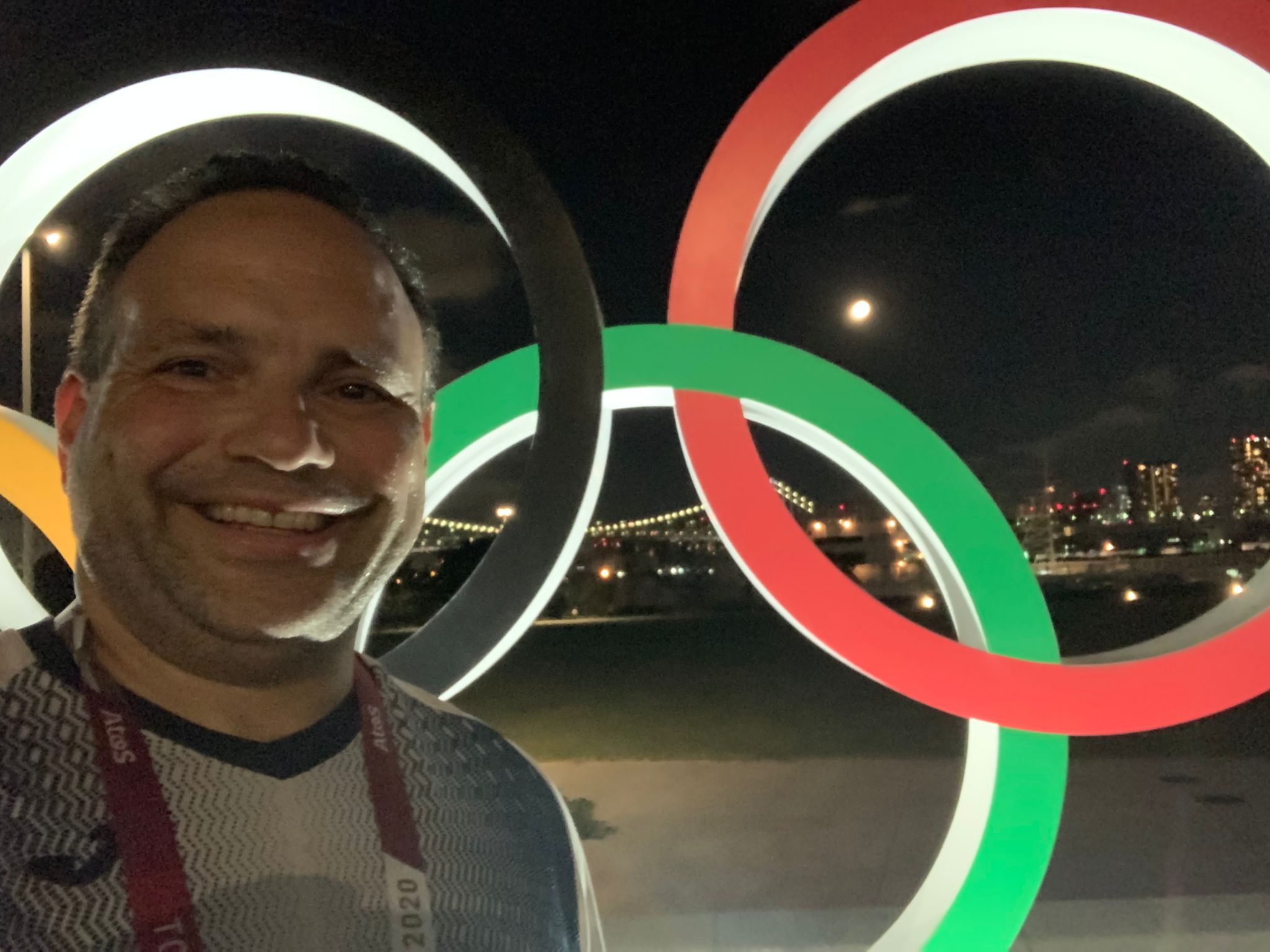What is sports medicine?
Generally speaking, the role of a sports medicine physician is to aide athletes of all ages when they suffer an injury doing any type of physical activity. Their goal is to get the patient back in action as quickly and safely as possible. They may work in a clinical setting, independently, or as a team or league physician for professional sports teams.
Given their background in musculoskeletal medicine, sports medicine physicians often help any patient suffering from certain conditions — whether they are a serious athlete or not. They’re also excellent resources for individuals who are just beginning an exercise or training program.
“Musculoskeletal injuries, which is the majority of sports medicine, affect everybody. This specialty allows me to take care of athletes but also be able to help as many people as I can,” says Ryan Kruse, sports medicine specialist at the University of Iowa Sports Medicine Center and St. George’s University (SGU) School of Medicine graduate. Dr. Kruse also serves as a team physician for the University of Iowa athletics, US Soccer, and USA Rugby.
Sports medicine physicians are nonoperative, meaning they don’t perform large open surgeries. However, many of them do perform cutting-edge micro-invasive surgical procedures that previously required a large open surgery. Additionally, they often work closely alongside orthopedic surgeons, as well as physical therapists, athletic trainers, and nutritionists.
Source: www.sgu.edu
What does a sports medicine physician do?
A sports medicine physician can:
- Diagnose, treat and manage injuries to your musculoskeletal system and underlying conditions that can affect your physical performance.
- Educate athletes and non-athletes about injury prevention, nutrition and safe ways to exercise, condition and build strength.
- Provide medical care during sporting events.
- Offer guidance on when it’s safe for athletes to return to play after an injury.
In addition, a sports medicine physician can treat:
- Sprains.
- Muscle strains.
- Fractures or breaks.
- Joint injuries (shoulder or knee).
- Overuse injuries (rotator cuff or stress fracture).
- Tendinitis.
- Osteoarthritis.
- Concussions.
Source: my.clevelandclinic.org


